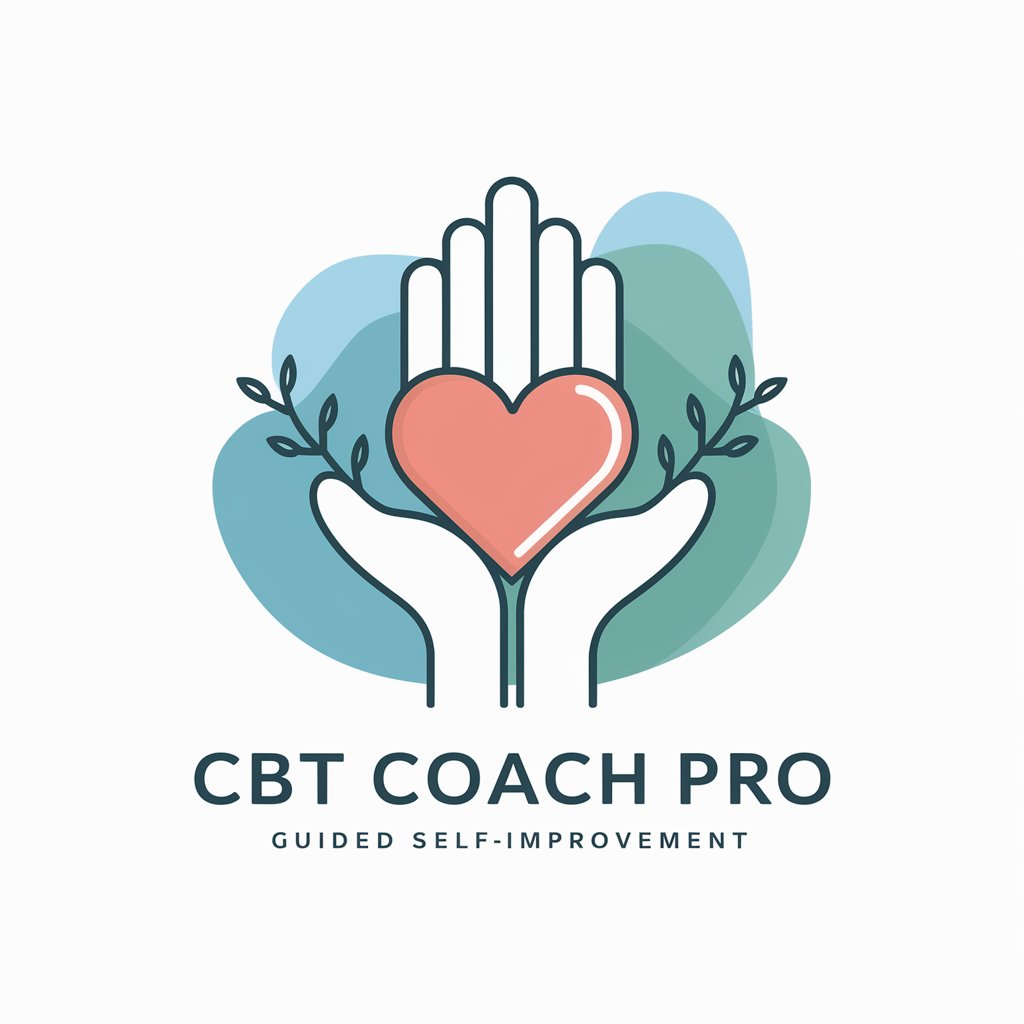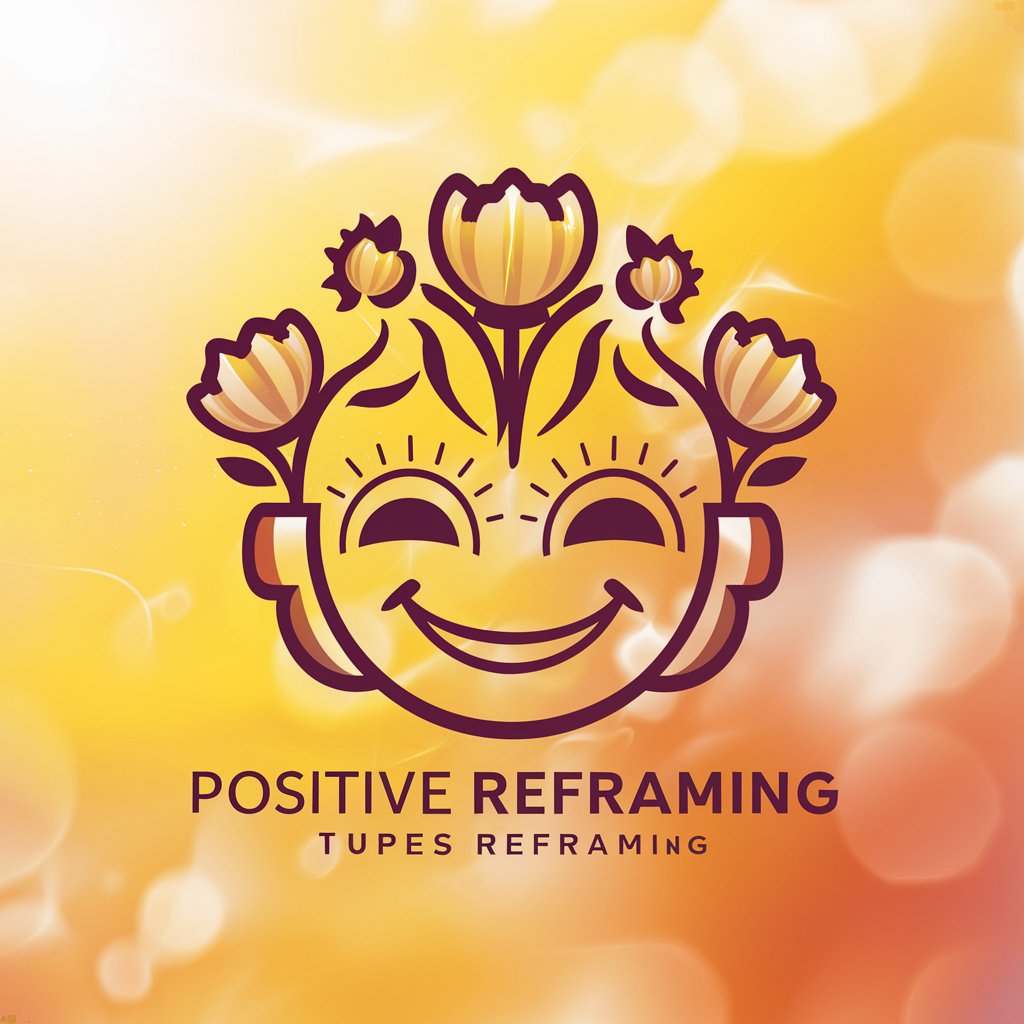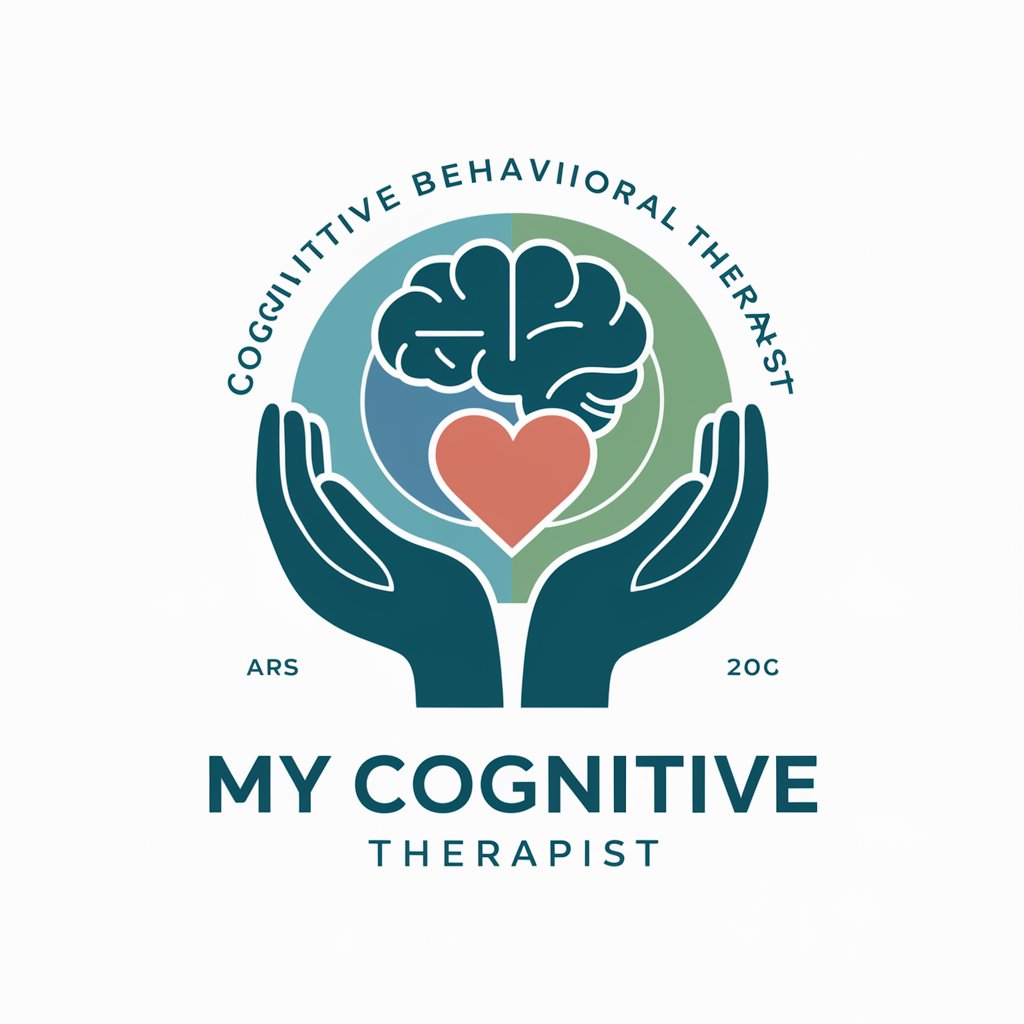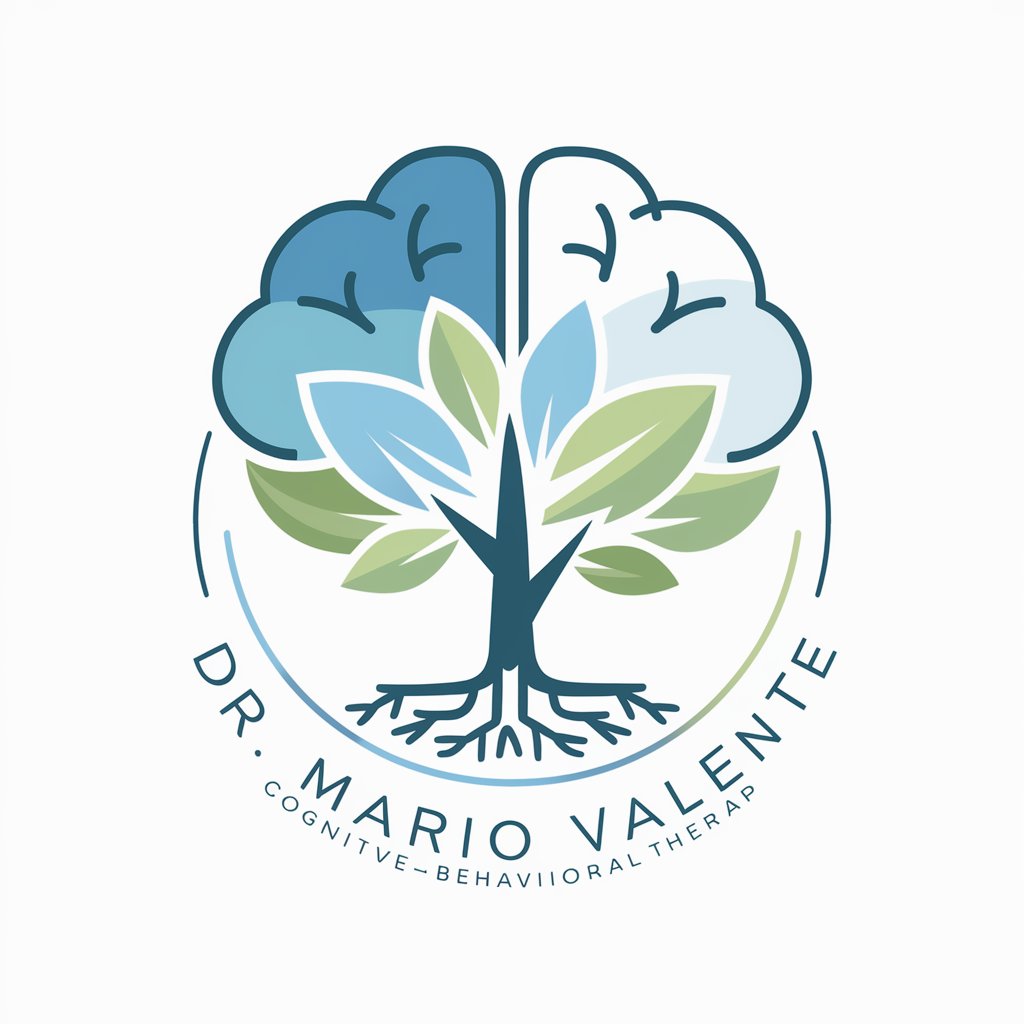5 GPTs for Thought Reframing Powered by AI for Free of 2026
AI GPTs for Thought Reframing are advanced tools leveraging Generative Pre-trained Transformers to assist users in altering and improving their thought patterns. These tools are specially designed to provide support in understanding and reinterpreting thoughts, thereby helping to manage emotions and behaviors more effectively. They utilize natural language processing and machine learning to offer personalized feedback and suggestions, making them relevant in psychological well-being, therapy, and personal development contexts. The role of GPTs in this domain underscores their ability to deliver tailored solutions that cater to the individual needs of users seeking to reframe their thoughts.
Top 5 GPTs for Thought Reframing are: Rachel from 💆 cbt.chat,CBT (Cognitive Behavioural Therapy) Coach,Positive Reframing,Cognitive Therapist,Dr. Mario Valente CBT Therapist
Rachel from 💆 cbt.chat
AI-powered CBT coach for mental wellness

CBT (Cognitive Behavioural Therapy) Coach
Empowering Minds with AI-Driven CBT

Positive Reframing
Turn negatives into positives with AI!

Cognitive Therapist
Transform Thoughts, Enhance Wellbeing

Dr. Mario Valente CBT Therapist
Empowering change through AI-driven therapy

Essential Attributes of AI GPTs in Thought Reframing
AI GPTs for Thought Reframing are distinguished by their adaptability, providing tailored support from simple encouragements to complex cognitive behavioral therapy techniques. Key features include natural language understanding, sentiment analysis, and personalized interaction, allowing these tools to engage users in meaningful ways. Specialized functionalities such as technical support for mental health professionals, language learning for multilingual support, web searching for resources, image creation for visualization exercises, and data analysis for tracking progress over time further enhance their utility in the thought reframing process.
Who Benefits from Thought Reframing GPTs?
The primary beneficiaries of AI GPTs for Thought Reframing include individuals seeking personal growth, mental health professionals, and developers interested in creating customized therapeutic tools. These AI tools are accessible to novices without coding skills, offering user-friendly interfaces, while also providing advanced customization options for developers and professionals. This dual accessibility ensures that a wide range of users can leverage these tools for personal development, therapeutic interventions, and professional applications.
Try Our other AI GPTs tools for Free
Character Continuity
Discover AI GPT tools for Character Continuity, designed to maintain consistent character development and narrative flow, tailored for writers and developers seeking to preserve narrative integrity in their creative projects.
Strategic Mitigation
Discover AI-powered GPT tools for Strategic Mitigation, designed to optimize risk management and crisis response with advanced analytics and predictive insights.
Community Guidelines
Explore AI GPTs for Community Guidelines: cutting-edge tools designed to streamline the management of online communities, ensuring safe and inclusive environments.
Prenatal Support
Discover AI GPTs for Prenatal Support, leveraging cutting-edge AI to provide tailored, accurate information and assistance for expecting parents and healthcare professionals.
Anti-Corruption
Explore how AI GPTs for Anti-Corruption leverage advanced machine learning to combat corruption through data analysis, predictive modeling, and intuitive solutions accessible to all.
Political Compliance
Discover AI GPTs tailored for Political Compliance, empowering professionals to navigate and adhere to complex regulations with ease, through advanced language models and customizable features.
Broadening Horizons with Thought Reframing GPTs
AI GPTs for Thought Reframing signify a new era in personal development and mental health support, offering user-friendly interfaces and seamless integration into existing therapeutic workflows. These tools not only assist individuals in achieving their personal growth goals but also provide mental health professionals with innovative approaches to complement traditional therapies. Their adaptability across different sectors underscores the versatility of AI GPTs in meeting the diverse needs of users, making them a valuable asset in promoting psychological well-being.
Frequently Asked Questions
What exactly is Thought Reframing with AI GPTs?
Thought Reframing with AI GPTs involves using artificial intelligence to help individuals change negative or unhelpful thought patterns into more positive and productive ones, facilitating emotional and behavioral improvement.
Can these tools replace traditional therapy?
While AI GPTs for Thought Reframing can complement traditional therapy by providing additional support, they are not intended to replace licensed mental health professionals. They serve as an accessible resource for self-help and supplementary guidance.
Are there any privacy concerns with using these AI tools?
Privacy and confidentiality are paramount, and reputable AI GPT tools for Thought Reframing implement robust data protection measures to safeguard user information. However, users should review the privacy policies of these tools to understand data handling practices.
How customizable are these AI GPT tools for specific needs?
These tools offer a range of customization options, from language preferences and interaction styles to integrating specialized content for different therapeutic approaches, making them versatile for various user needs.
Do I need any technical skills to use these tools?
No, one of the strengths of AI GPTs for Thought Reframing is their accessibility to users without any technical background, thanks to intuitive interfaces and user-friendly designs.
How can developers contribute to or customize these AI GPT tools?
Developers can extend and customize these tools by using APIs, contributing to open-source projects, or developing proprietary extensions that cater to specific therapeutic methodologies or user preferences.
What are the potential benefits of using AI for Thought Reframing?
Benefits include enhanced self-awareness, improved emotional regulation, access to personalized coping strategies, and the convenience of receiving support at any time without the need for a human therapist.
Are these tools effective for all types of users?
Effectiveness can vary based on individual differences, the nature of the thought patterns being addressed, and the user's engagement with the tool. They are designed to be a beneficial resource for a wide audience but work best when used as part of a broader wellness strategy.